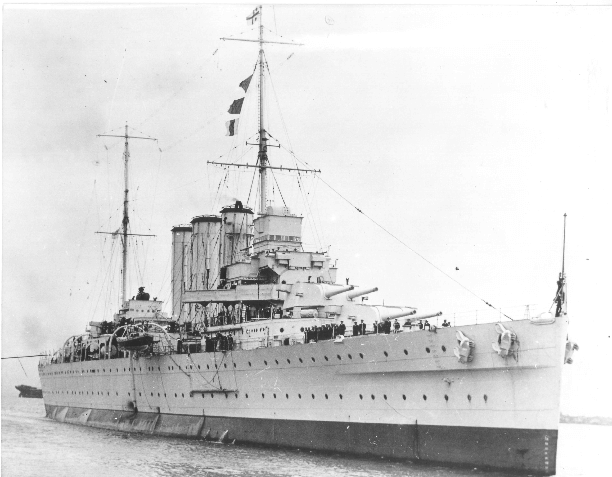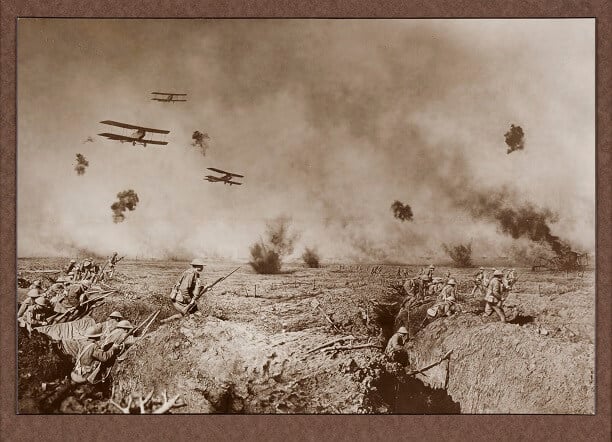
Battle of Milne Bay
On 25 August it will be 75 years since Australian and US forces handed the Imperial Japanese forces a crushing defeat at Milne Bay on the south-eastern tip of New Guinea. The Battle of Milne Bay in August and September 1942 was a milestone in Australia’s War in the Pacific, and a major morale boost for Allies fighting the seemingly unstoppable Japanese. For the first time, a Japanese amphibious invading force was forced to retreat.
In May 1942 the American General, Douglas MacArthur selected Milne Bay as the site for a new airbase to provide air patrols over the eastern seaward approaches to Port Moresby and from where air raids could be launched against the Japanese at Rabaul.
The invading Japanese underestimated the island’s defences. The first wave of almost 2,000 marines landed 11kms to the east of the base on 26 August with two light tanks in support. Awaiting them were some 9,000 Allied troops, including two Australian infantry brigades; Artillery and two RAAF Squadrons with P-40 Kittyhawk fighter bombers and American Engineers.
Initially, the Japanese troops overwhelmed and pushed back the first Australian battalions they met, the 61st and 2/10th Battalions, but began suffering heavy casualties from bombing and strafing attacks by the P-40s of No 75 and No 76 Squadrons. Nevertheless, they continued advancing and by 28 August had reached the easternmost airstrip. Some 800 reinforcements swelled their ranks for the final assault. But the waiting Allied troops, with mortar, artillery, machine guns and manpower overwhelmed the Japanese. Despite several surges, the Japanese could not break through and on 31 August withdrew with the Australian forces in pursuit.
Some retreating Japanese escaped to waiting Imperial Japanese Navy cruisers while many more attempted to cross the island to reach Japans base at Buna. More than half were killed in the assault or as they attempted to reach Japanese lines. Australia lost 187 men and America 14.
Milne Bay remained an important Allied staging area into late 1943.




















